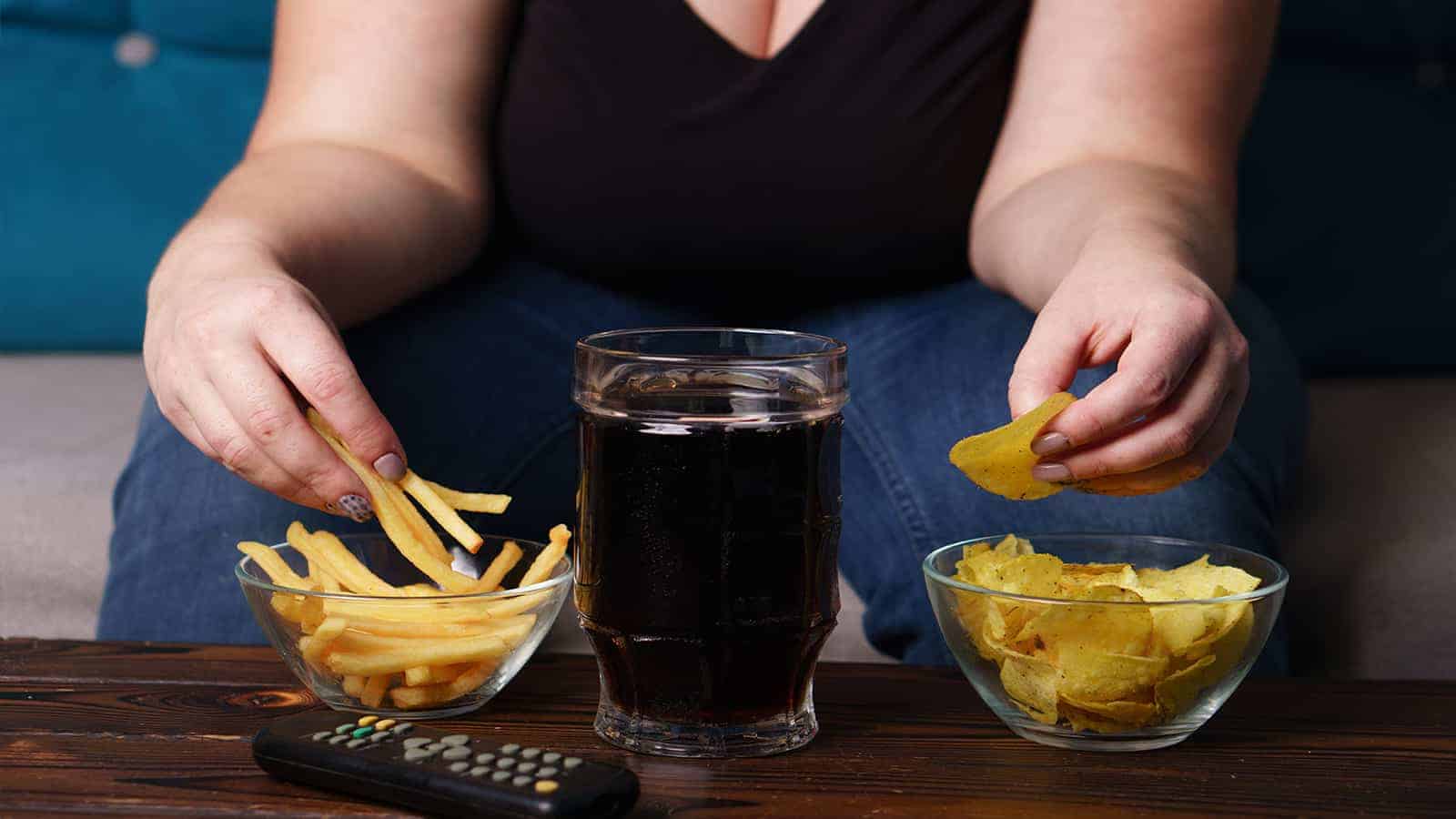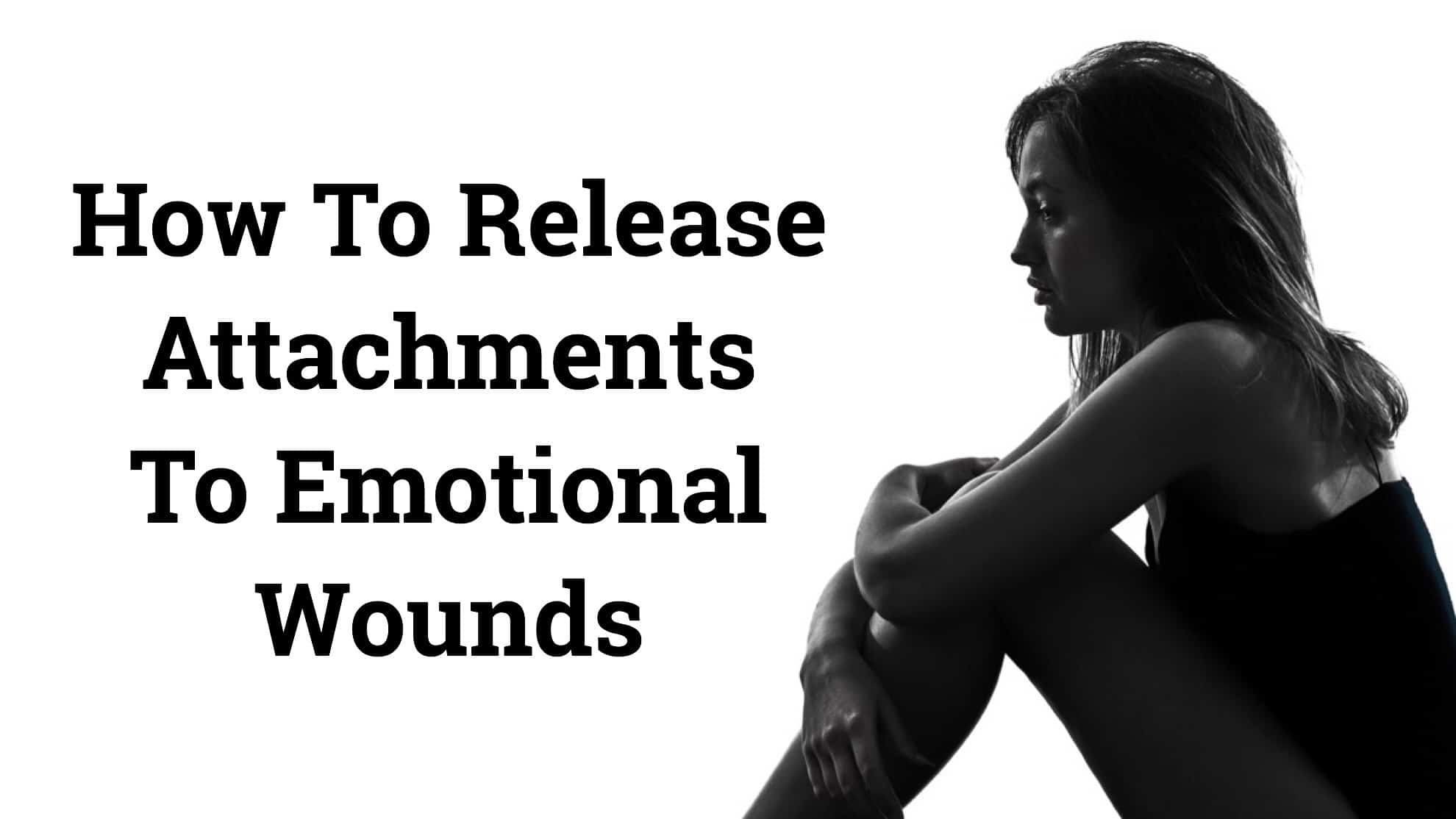Emotional eating is a troublesome pattern. It has you running to your kitchen in times of stress, even when you aren’t hungry. On its own, eating your feelings doesn’t seem like the worst thing in the world, but it can lead to other health issues.
The most difficult part about emotional eating is how it can seem like an endless cycle you are never able to get out of. But there are ways to overcome this destructive habit, and all it takes is a little understanding of the reasons behind unnecessary cravings.
Experts Explain How Your Brain Triggers Emotional Eating, And How To Control It
1. Understanding Hormones and Cravings
The reasons behind a lot of our actions are rooted in hormones. A wide variety of hormones can cause someone to cave in to emotional eating; given the fact that hormones control a lot of our feelings and actions, it can be hard to defy these cravings. Here are some hormones responsible for emotional eating.
a) Cortisol
High levels of stress cause a lot of cortisol to be released within the body. Cortisol is a stress hormone that sets the whole body on edge by triggering a fight-or-flight response instinctually. This can cause the body to process consumed food differently.
Basically, high levels of cortisol within the body can cause the body to crave a lot of easy-to-process, unhealthy carbohydrates. You may feel strong desires to eat very sugary or processed foods, fatty foods, or highly salty foods – according to Susan Albers, a clinical psychologist.
b) Dopamine
Dopamine is a kind of neurotransmitter, and it is also a hormone. Essentially, it helps the brain receive a positive kick through reward-based learning. When you eat foods you enjoy, especially the less healthy ones that you consider to be comfort foods, the brain recognizes this as a reward and releases a rush of the hormone dopamine.
This basically creates a “high” sort of feeling that makes it easy to crave the foods again. It’s like a drug to the brain, and even if it’s not as extreme as narcotics, it can still be addictive.
c) Serotonin
Serotonin is the body’s main feel-good hormone. It’s a chemical that makes you happy, and a low level of this hormone can lead to feelings of depression. It is even linked to clinical depression – that’s how important serotonin is.
However, serotonin needs certain components to be created. One of them is tryptophan, which is a type of amino acid most commonly found in cheese, turkey, and chocolate.
But carbs also boost levels of serotonin, leading to your desire to stuff potato chips or mac and cheese into your mouth to solve feelings of sadness. Unfortunately, this is only a temporary boost, which can lead you to crave them again and again.
2. Why Does The Brain Trigger Emotional Eating?
There are countless reasons behind the brain’s use of emotional eating as a coping mechanism. To better understand where your issues stem from, you will need to dig deep and understand what may be causing them.
First, let’s talk about common triggers that lead to emotional eating in many people. Here are some possibilities:
a) Nostalgia
Old eating habits, or foods you enjoyed as a child, can be craved during difficult times as they provide a sense of safety and security.
b) Boredom
When you feel bored and restless, you may feel inclined to start eating just to fill the time. The best way around this is to find ways to fill your time.
c) Social pressure
Friends, family, or others you know who convince you to eat certain foods or meals after troubling days seem harmless and helpful. But then, you may find yourself automatically wanting to carry on these traditions alone after a rough patch.
d) Tiredness
If you are fatigued, you might want to eat extra food, as your brain thinks it will make you feel less tired – even though what you need most is sleep. You may also eat when you’re sick and tired of a particular task and want to avoid it.
But emotional eating can stem from more deeply-rooted issues, too. Those who developed emotional eating patterns in childhood, whether through observing others or on their own, are likely to automatically continue this into their grown-up lives. This can make the habit especially hard to break.
Others may have trouble with emotional processing, leading them to take comfort in certain foods. It distracts them from their emotions, allowing them to take their mind off of their issues. But all this does is create an emotional crutch that prevents you from dealing with problems that won’t go away through repeated eating.
It’s easy to choose food, especially ones associated with good memories, over fully addressing and facing negative emotions. But for positive mental health, some issues might need to be faced and overcome.
3. Recognizing The Difference Between Real Hunger And Emotional Hunger
When you’re in a negative state, it can be difficult to tell if you’re really hungry or just feeling emotional cravings. It can be hard to differentiate those feelings, especially if you tend to also feel hungry when you’re emotionally driven. Being able to recognize which is which can help you notice emotional eating patterns. Here are some things to look out for.
a) Onset of Hunger
Physical, real hunger tends to come on more slowly and does not go from zero to a hundred unless you haven’t eaten in a significantly long time. Emotional hunger, on the other hand, can appear very suddenly and grows quickly.
In addition, if you’ve just eaten less than 4 hours ago and are feeling hungry again, it is likely more emotional than physical.
b) Feelings of Hunger
Physical hunger has some pretty obvious signs. Your stomach begins to growl or hurt and you may start feeling a little tired or foggy. But emotional hunger manifests differently. You may just suddenly think of a food you really want to eat right now, and this can cause feelings that mimic hunger in the stomach – but it’s only in the mind.
c) Type of Food
Someone who is genuinely hungry will eat virtually anything they are able to get their hands on because their body needs energy and fuel. Someone who is only going to emotionally eat usually only wants something very specific.
If you’re hungry for a pizza but not for something healthier that you usually enjoy for normal meals, it may be more emotional than physical.
d) Attention
Sometimes, you may just eat out of boredom, or as a form of comfort. This is pure emotional eating. When this happens, you tend to overeat because you aren’t paying attention. You’ll finish a whole bag of chips while watching TV or mindlessly eat an entire tub of ice cream without intending to.
Actual hunger stops when you’re full. Your body will tell you when it no longer wants to eat. Emotional hunger isn’t real bodily hunger, so it lets you go on and on.
e) After Effects
Negative feelings after a snack can point to emotional eating. After satisfying physical hunger, you’ll feel full, energized, and have balanced emotions with positive thinking.
But after trying to satisfy emotional hunger, you may feel ashamed or guilty. You may regret what you just ate, or even regret it as you eat but feel unwilling to stop.
4. Ways To Control Emotional Eating
Unfortunately, no amount of eating can quell emotional hunger. It can lead to a downward cycle where negative feelings lead to unhealthy emotional eating, which only leads to more negative feelings, and it keeps going. As such, you need to know how to control strong cravings. Here are some tips.
a) Exercise
Just the short performance of regular, mild exercise can greatly reduce stress and boost good hormone production. You don’t have to go all out: a regular walk works wonders.
Yoga is also a great option. It’s definitely annoying when people repeatedly recommend yoga as a cure-all for stress, but studies have shown that just two months of yoga practice can improve positive thinking and reduce anxiety.
b) Keep A Food Journal
By recording what you eat, you hold yourself accountable for bad diet decisions. It allows you to monitor your consumption and pinpoint your most common cravings. Note your emotions during each meal, too, for better analyses.
Aim to eat healthily. Stick to whole foods and get plenty of fruit and vegetables, as well as some protein and carbs. Try to cut refined, processed products out. If there’s a snack that you tend to overeat or is very bad for you, keep it out of your pantry.
If you really must eat, pay attention to your portions and make sure you are not overeating. Don’t eat while distracted by TV or your phone if that causes you to lose track.
c) Meditation
Meditating helps regulate your breathing, and it gives you some peace and quiet to relax your mind and truly enjoy some me-time. There are plenty of guided meditations available for free online to choose from.
d) Find Alternative Methods
Emotional eating is a result of stress. Finding other avenues to channel that stress into so you can better manage it is a great way to avoid the desire to binge. You can read, play games, go for a run, write a diary, or make art! Find something that works for you and makes you feel good.
e) Get Help
Sometimes, overeating can be a sign of an eating disorder, and some severe forms of emotional eating definitely classify as such. Training yourself with positive thinking and good self-talk can work, but there’s no shame in admitting you need help.
If you find yourself struggling to fight emotional eating, reach out to a therapist, mental health professional, or AA-style organization focused on overeating and disorderly eating.
Final Thoughts On How Your Brain Triggers Emotional Eating And How To Control It
No matter how little or how much you emotionally eat, it’s a destructive habit that doesn’t bring any positive results. It doesn’t help you feel better, it causes weight gain, and it can even lead to further depression, anxiety, or stress.
By understanding what triggers emotional eating, you can break the overeating cycle. Putting to practice healthy alternatives to emotional eating will guarantee much better, happier outcomes for you.
Do note that emotional eating can eventually lead to more serious eating disorders. If you are unable to address your eating issues or find yourself exhibiting symptoms of binge-eating disorder, bulimia, or other conditions, speak to a doctor immediately.















 Community
Community

